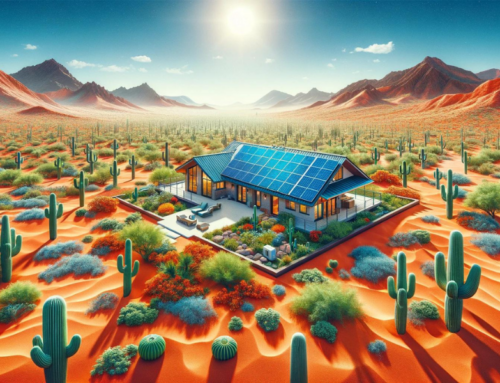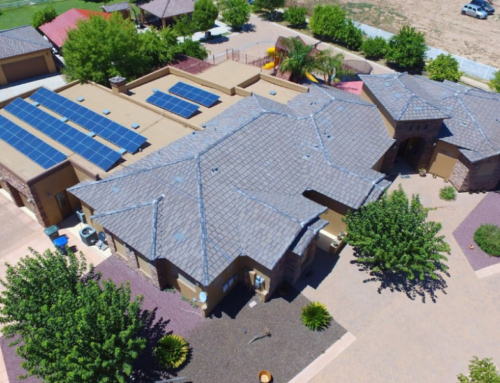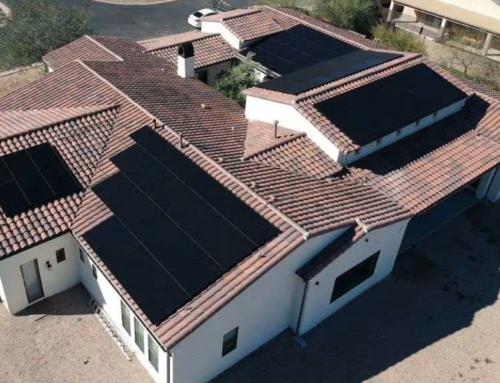The new coronavirus (COVID-19) relief bill—the Consolidated Appropriations Act, 2021, which includes the Taxpayer Certainty and Disaster Tax Relief Act of 2020 (the Act)—was signed into law. The Act not only contains tax provisions to provide direct relief to individuals but also extends renewable energy tax credits. These have been included in a $1.4 trillion federal spending package alongside a $900 billion COVID-19 virus relief spending bill. The solar investment tax credit (ITC), which was scheduled to be 22% in 2021, has been increased to 26% and will stay at 26% for two more years.
Benefitting homeowners and businesses, the Act extends the sunset or phase-down periods of federal tax credits related to the development and operation of certain renewable energy electric generating facilities and provides new tax credit extension rules. The Act also provides eligibility extensions for tax benefits applying to other “green” technologies, including battery storage and carbon capture systems.
This means that residential solar projects that complete construction in 2021 and 2022 will still be able to receive a tax credit of 26%. All markets will drop to a 22% federal tax credit in 2023, and the residential market will drop to a 0% tax credit beginning in 2024.
The extension of the ITC has seen support from many outside the solar industry, including congressional leaders and a group of bipartisan mayors. Various bills have been introduced in the last few years attempting to extend the solar ITC, but until this bill, nothing had been passed.
An extension of the ITC was among the policy priorities put forward by the Solar Energy Industries Association (SEIA) following last month’s presidential election. Abigail Ross Hopper, CEO of the trade body, said in a statement. “Over the next few years, we have an opportunity to build a stronger, more reliable, and more equitable American energy economy, and the action Congress is taking today is a helpful down payment.”
Val Berechet, President of SUNSOLAR SOLUTIONS, says, “The Federal tax credit for the average size solar system we install in the Valley is approximately $11,000 this year. That is $1,700 more than it was scheduled to be in 2021. This enables Valley families to install a solar system on their homes with no upfront cost and can reduce their APS net billing to $0 annually while producing a positive cash flow of $500 to $1,000 in the first year. Many of our customers realize a profit of $50,000 to $100,000 over 20 or 25 years when compared to the projected costs of powering their home exclusively from the grid.”
Jeffrey Hosek recently had a new home built in Peoria and had solar installed by SUNSOLAR SOLUTIONS as he was moving in. “The opportunity to turn a huge expense into an asset that comes with a 26% equity position is not only a sound financial strategy but brings our family some needed peace of mind in these uncertain times.’
If you would like to receive a free solar design customized to your house and your family’s usage, just call 602-562-9004 or get started with a FREE QUOTE!
Michael O’Donnell is Vice President of Sales and a Partner at SunSolar Solutions, which is a local Arizona contractor and one of the largest solar sales and installation companies with over 7,000 customers.







